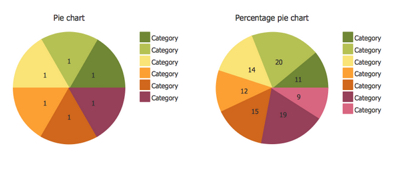Three senior Apple executives have lost their bid to stop the U.S. Justice Department from calling them as witnesses in the government’s upcoming trial accusing Alphabet’s Google of abusing its search power, reports Reuters.
The Apple executives — Eddy Cue (senior vice president of Services), John Giannandrea (senior vice president of Machine Learning and AI Strategy) and Adrian Perica (vice president of Corporate Development)— had argued in Washington, D.C., federal court that compelling them to testify at trial was “duplicative” and “unduly burdensome,” since they had already answered questions at an earlier stage in the case.
U.S. District Judge Amit Mehta in a brief order on Monday denied Apple’s effort to quash the subpoenas. Reuters notes that companies often try to bar or minimize subpoenas seeking testimony or information from top executives. Apple, which is not a defendant, said it has been the subject of “overbroad” demands in the case and that it already has disclosed more than 125,000 documents from senior executives.
In 2020, the Justice Department filed a civil antitrust suit against Google for monopolizing search and search advertising. As alleged in the complaint, Google has entered into a series of exclusionary agreements that collectively lock up the primary avenues through which users access search engines, and thus the internet, by requiring that Google be set as the preset default general search engine on billions of mobile devices and computers worldwide and, in many cases, prohibiting preinstallation of a competitor. In particular, the Complaint alleges that Google has unlawfully maintained monopolies in search and search advertising by:
- Entering into exclusivity agreements that forbid preinstallation of any competing search service.
- Entering into tying and other arrangements that force preinstallation of its search applications in prime locations on mobile devices and make them undeletable, regardless of consumer preference.
- Entering into long-term agreements with Apple that require Google to be the default – and de facto exclusive – general search engine on Apple’s popular Safari browser and other Apple search tools.
- Generally using monopoly profits to buy preferential treatment for its search engine on devices, web browsers, and other search access points, creating a continuous and self-reinforcing cycle of monopolization.
Article provided with permission from AppleWorld.Today





